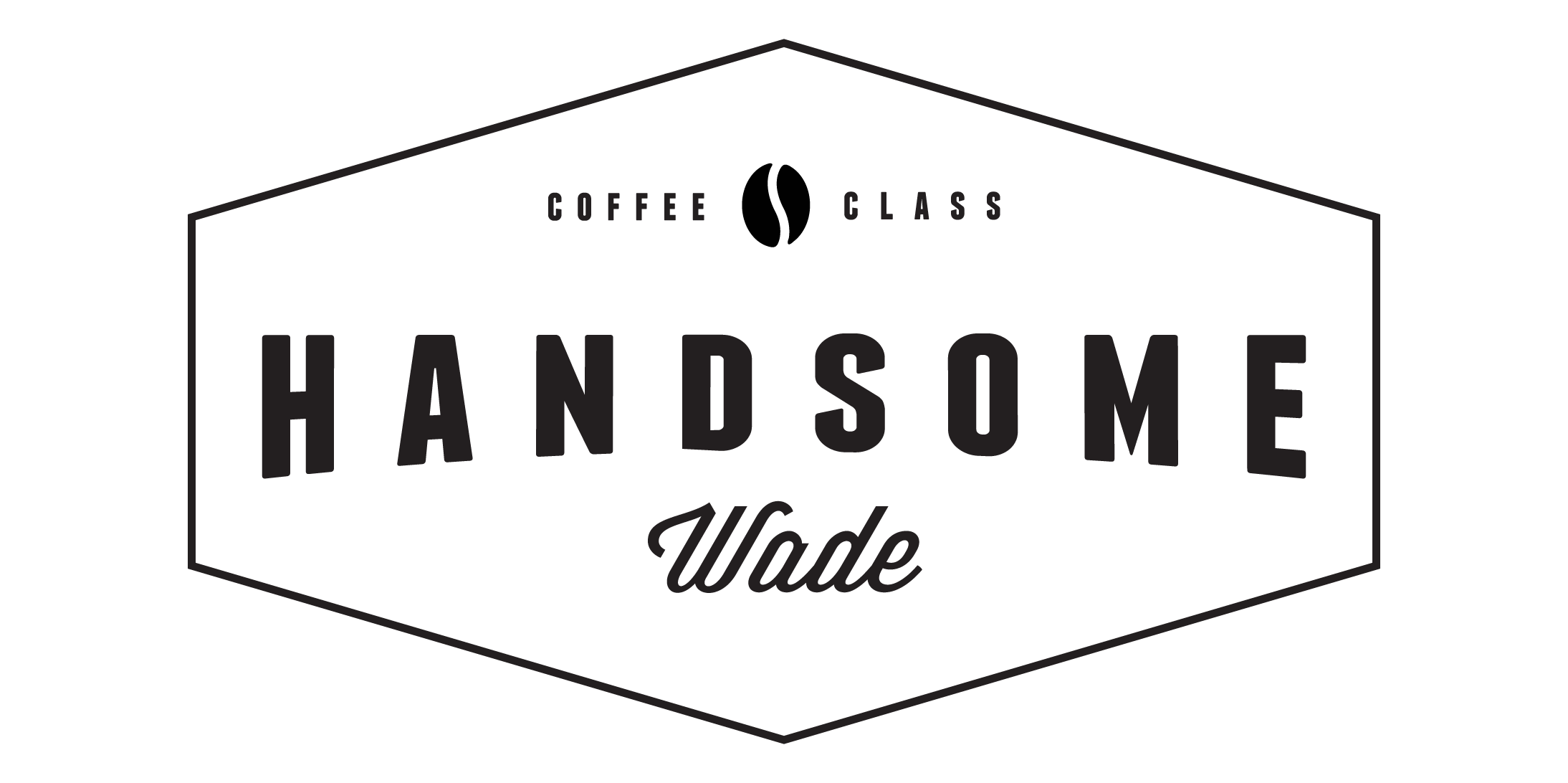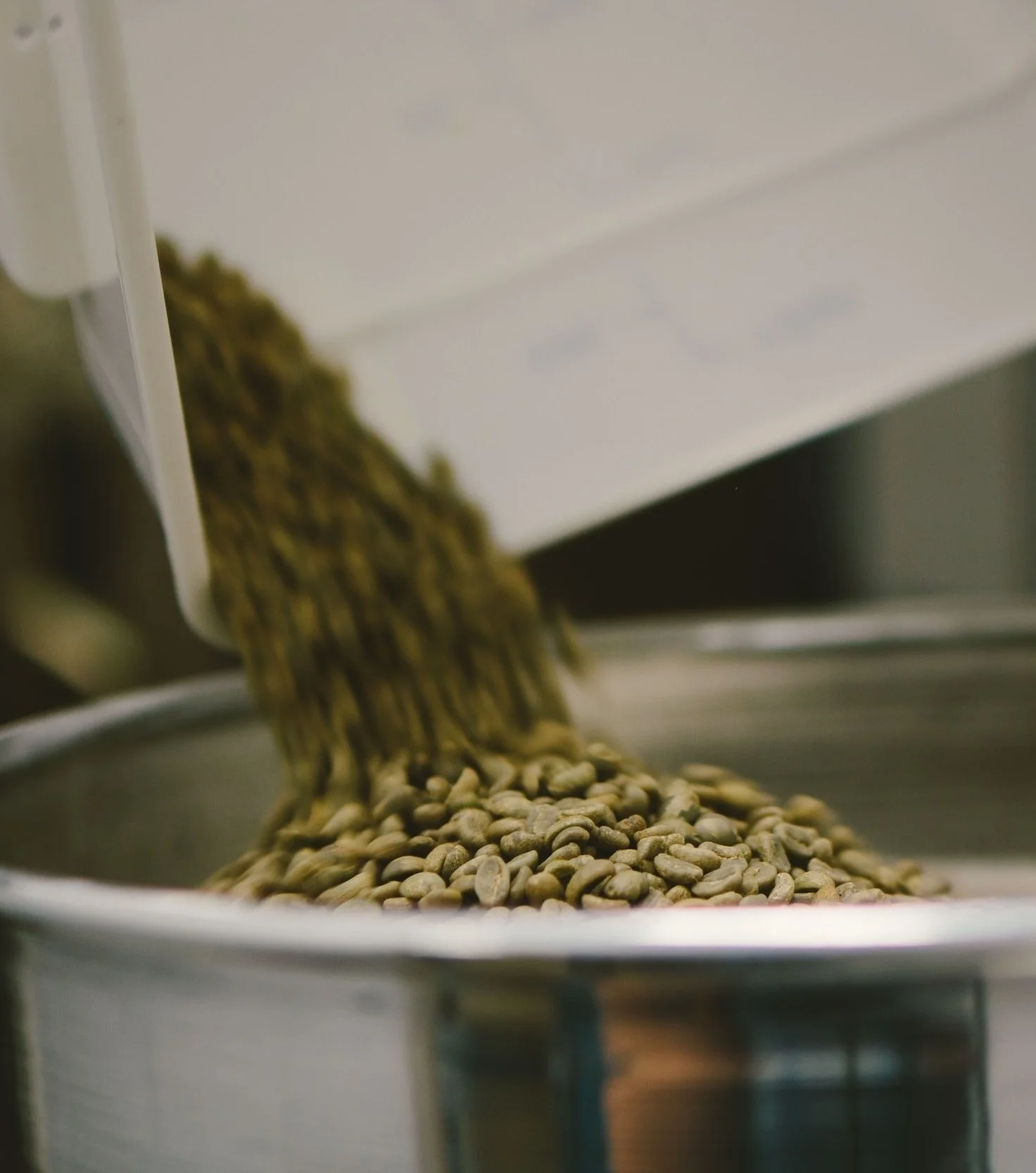Does Good Decaf Coffee Exist?
This is blog post is sponsored by Public Domain Coffee
"Death before Decaf" Amiright? Even before my deep dive into specialty coffee, I found the whole mindset against decaf coffee confusing. I'd listen to my friends who claimed to love coffee refer to a cup of decaf as a cup of "why bother." I always thought, if you love the taste of coffee, why does it matter if it keeps you awake or not? Assuming a parity with regular coffee, decaf is the ultimate coffee lover's dream. You can drink your coffee at any time of day without it keeping you up or giving you ✨ anxiety✨. So that begs the question, can decaf coffee taste as good as regular coffee?
Sponsor: Public Domain Coffee
This blog is sponsored by Public Domain Coffee. I've kicked around this blog post idea for years. I just never gave it enough time to really put all my thoughts and research into words. So when Public Domain reached out and asked if they could sponsor a couple of blog posts with complete topical freedom, this topic immediately came to mind!
"Public Domain specializes in hand-crafted, freshly roasted small-batch coffees from around the globe. No longer is remarkable coffee reserved for just the chosen few. Great coffee is now Public Domain."
Thanks to Public Domain for making this post possible! Go check out their coffee and read on to see if you should pick up a bag of Decaf Blue Hour!
Why drink decaf at all?
While caffeine has its benefits, I think we need to reevaluate our obsession with the stimulant and destigmatize decaf. Caffeine intake can contribute to anxiety, stomach irritation, and have negative affects on our sleep. Now, let me be clear, I'm not anti-caffeine. The vast majority I drink and enjoy is fully caffeinated. I'm pro-balance, pro-getting-to-enjoy-coffee more, and pro-coffee-approachability. If I can get the same sensory experience from decaf, why wouldn't I? I don't have a caffeine sensitivity, but why wouldn't I want those that do to enjoy quality coffee too?
History of Decaf
Before we dive into whether or not decaf coffee stands up to regular coffee, let's take a little trip into the origins of decaf coffee. The first isolation of the caffeine compound happened in 1820 by German analytical chemist, Friedlieb Ferdinand Runge. But it wasn't until 1903 that Ludwig Roselius, a German coffee trader, and his colleagues discovered a shipment of coffee beans that had accidentally been soaked in sea water lost its caffeine with little affect to its flavor. They took this discovery and figured out how to make a commercially successful decaffeination method. Modern decaffeination still uses methods quite alike to the process Ludwig patented in 1906.
Methods of Decaffeination
Ludwigs process involved steaming coffee beans in acids and bases before using benzene as a solvent to remove the caffeine. Unfortunately, such a process had a negative affect on the final flavor and an even greater affect on the health of consumers. We later discovered that benzene is, in fact, a carcinogen. There are 6 methods current methods of decaffeination. For the sake of brevity, I'm only going to go into the top three I came across.
Direct Solvent
Improving on the Ludwig method started by using less toxic solvents to remove the caffeine. Modern direct solvent methods now use dichloromethane or ethyl acetate. The green coffee still get steamed before running through the solvent which extracts the caffeine. In theory, the other compounds in the coffee bean remain largely unaffected. Due to ethyl acetates characteristically sweet smell, coffees decaffeinated using this solvent can have a faintly sweeter aroma than the alternative. While that may sound pleasant, it mostly goes against the goal of specialty coffee to allow the origin characteristics of the bean to shine.
Supercritical Carbon Dioxide
Recently, food scientists figured out how to use supercritical CO2 to remove caffeine. This process, developed by Kurt Zosel, combines coffee in a high pressure vessel along with water and carbon dioxide. The water and CO2 mixture is then heated and pressurized beyond it's critical point. The caffeine dissolves in this supercritical liquid, while most of the flavor compounds remain in the coffee. Supercritical CO2's use extends beyond decaffeination as a commercial solvent thanks to its relatively low toxicity and environmental impact.
Swiss Water Process
Originally developed in Switzerland in 1933, this process seeks to remove the caffeine without the use of any direct solvent in favor of an organic approach. The process takes advantage of nature's need for balance. The green coffee beans soak in green coffee extract (GCE), a solution of the water soluble compounds minus the caffeine. Since the GCE and fresh coffee have unequal amounts of caffeine, the GCE extracts the caffeine until they reach balance. The GCE then gets drained and run through an activated charcoal filter to remove the caffeine.
Caffeine Levels
None of these methods remove 100% of the caffeine content in the fresh coffee. Each process repeats until the coffee reaches the target level of decaffeination. To earn the decaf label the coffee needs to reach a 97% decaffeination threshold in the US and 99.9% in the EU.
Why does decaf coffee taste different?
While in theory each of these methods don't affect the compounds that produce the flavor in your coffee, the final results historically beg to differ. Now, I'm not a food scientist, so I can't speak to everything that happens on a molecular level. I've gathered that the lack of flavor quality comes from the imprecision of direct solvents leaving the flavor compound untouched and the inconsistency of the bean structure that results in a heightened level of roasting difficulty.
What decaf coffee tastes the best?
As the demand for decaf coffee grew around 2007, the Swiss Water Decaffeinated Coffee Company, sought to reengineer the process to increase efficiency and improve quality. They successfully dialed in a process now recognized across the specialty coffee industry as the gold standard in decaffeination. Thanks to their efforts, you can now buy decaf coffee with flavor profiles that rival those of their regular coffee counterparts!
Swiss Water Process
Finding delicious decaf coffee then becomes a similar process to picking out your favorite coffee. Keep an eye out for the Swiss Water Process label on decaf coffees. This stamp of approval means you can trust the coffee contains .1% or less of the original caffeine and meets organic, Kosher and Halal certifications, among others!
Specialty Coffee Roasters
Now that you know which decaffeination process to look for, you only need to find a quality specialty coffee roaster. Finding a delicious decaf coffee parallels your search for great regular coffee. Once you've found a roaster that produces regular coffee you enjoy, odds are they also produce a great decaf option!
Decaf Blue Hour: Public Domain Coffee
If you're looking for a great roaster that produces a good decaf coffee, look no further than Public Domain Coffee, my sponsor for this post. They kindly sent me a bag of their Decaf Blue Hour to try out in preparation for this post. The coffee had all the hallmarks of a great coffee in my book. The flavor balances characteristics from the roasting process while bringing out origin notes like bakers chocolate and a tart sweetness that reminds me of apples. You can try it out for yourself along with a rotating selection of single origin coffees and staple blends all roasted to perfection.
Thanks for reading and supporting the brands that support me!







